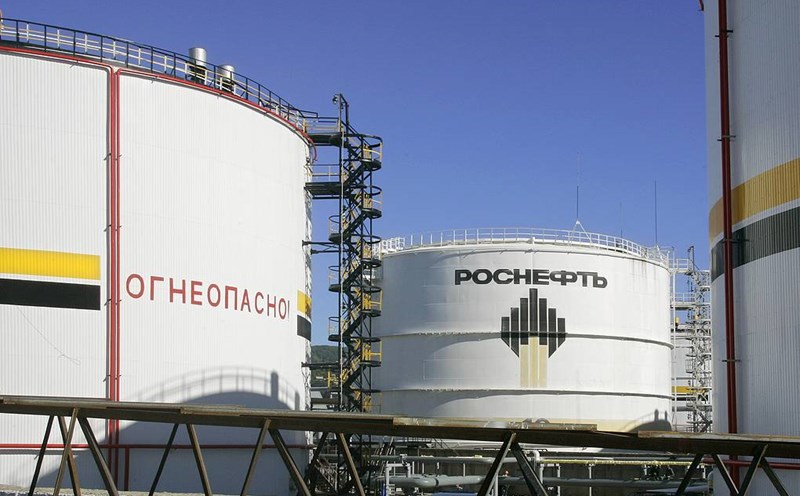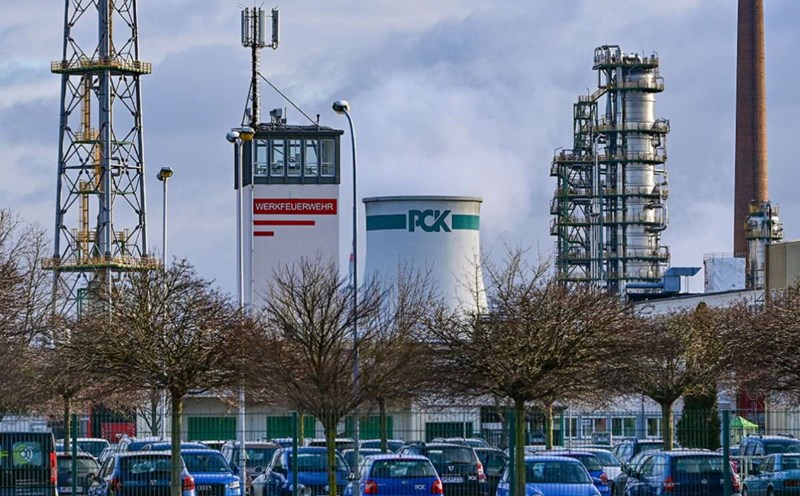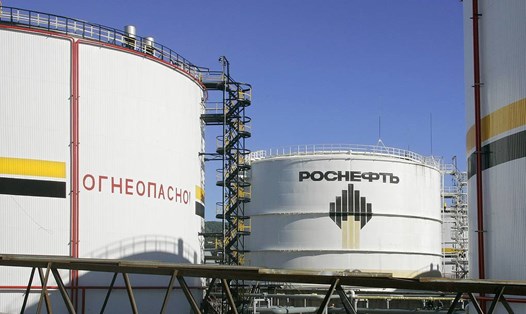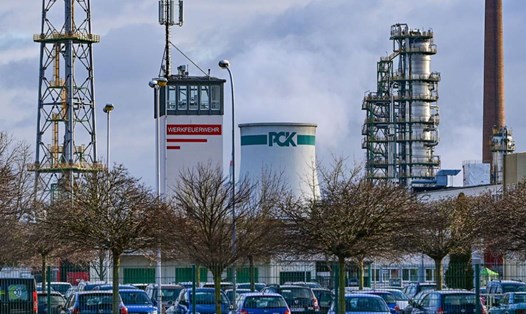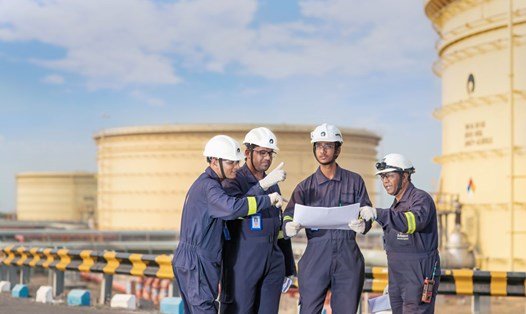After the Trump administration temporarily sanctioned the Russian oil and gas giant Rosneft, Berlin is considering naturalizing all of the group's operations in Germany, including a strategic refinery that supplies the majority of fuel to the capital Berlin.
Rosneft Germany (Rosneft Germany) currently controls a large part of the PCK refinery in Schwedt - a facility that supplies more than 90% of the fuel to the capital Berlin, including international airports and gas stations in eastern Germany. The company also owns shares in two other large refineries, MiRo and Bayernoil, which play a key role in the energy supply chain of Europe's largest economy.
Since 2022, after Russia attacked Ukraine, Berlin has been forced to temporarily entrust Rosneft's assets in Germany to gain control of operations. This measure is extended every 6 months, but each extension faces legal risks because of its "temporary" nature.
However, US sanctions are forcing Germany to seek a longer-term solution.
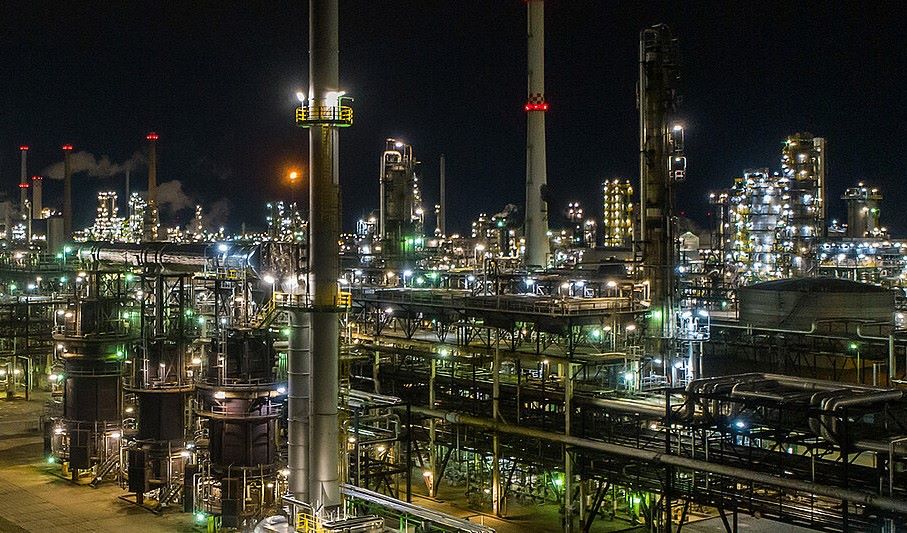
The US Treasury confirmed that it has granted a temporary exemption license to Rosneft Germany until April 2026, allowing the company to continue operating without violating sanctions. However, Berlin officials are concerned that relying on Washington's "privileges" is unsustainable.
A German economic ministry spokesman said the country had received a guarantee from the US, considering it a temporary solution while the government considered other scenarios from extending the permanent exemption, to fully naturalizing and reselling it to foreign investors.
According to Russian media, the value of Rosneft's assets in Germany is estimated at about 7 billion USD, but a source close to the source said that the actual figure could be only half. Moscow has repeatedly warned Europe not to seize assets of Russian businesses, threatening to respond by sanctioning German companies operating in Russia.
This is what makes Berlin cautious. If it does so, Germany could have to pay billions of dollars in compensation - something the country's Finance Ministry wants to avoid in the context of a tight budget.
Despite the risks, many lawmakers in the German parliament, especially from the Green Party, are urging the government to naturalize the Rosneft branch to ensure energy security.
Mr. Michael Kellner, a member of the Green Party and a former government official in the previous coalition government, told the British news agency: "This is an asset of strategic significance to Germany. The government needs to quoc responsibilize Rosneft Germany to be proactive about the future.
According to Mr. Kellner, investors from Qatar and Kazakhstan have expressed interest in buying back Rosneft assets in 2024, but it is not clear whether they are interested.
Germany previously imported crude oil directly from Russia. After severing energy ties with Moscow, Rosneft Germany has switched to buying oil from Kazakhstan. However, the pipeline is still under Russian control, leaving Berlin unable to fully escape dependence.

